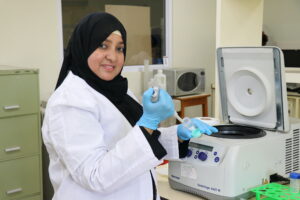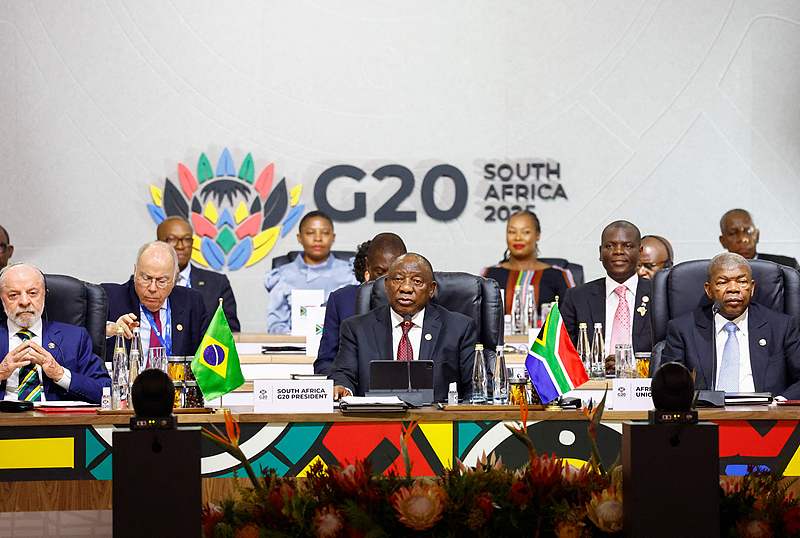
Breaking barriers: Women in science leading the way
In celebration of International Women’s Day 2025, themed “Closing the Gender Gap in Science: Accelerating Action,” CGTN Africa recognizes the remarkable contributions of women in science and technology. One such inspiring figure is Dr. Fathiya Khamisi.

Women make inroads in male-dominated STEM fields
While STEM (Science, Technology, Engineering, and Mathematics) careers have long been seen as male-dominated, women have increasingly established themselves as leaders in various scientific disciplines.
”Fields such as environmental science, biology, and public health are now areas where women are making significant strides,” Dr. Khamisi says. “The “Accelerate Action” theme calls for greater support in strengthening women’s participation in scientific research, leadership, and innovation. Addressing gender disparities in STEM will not only foster diversity but also lead to more groundbreaking discoveries that benefit society as a whole.”
Women pioneer innovation
Dr. Fathiya Khamisi heads the International Centre of Insect Physiology and Ecology’s (ICIPE) Integrated Biosciences Platform. Her work addresses one of the world’s pressing environmental issues—plastic pollution. The molecular biologist leads the groundbreaking Plastic-Eating Mealworm Project. Her team’s research focuses on the lesser mealworm’s ability to consume polystyrene, one of the most prevalent microplastics in landfills and bodies of water.
Polystyrene, commonly used in food storage containers, disposable utensils, packaging materials, and insulation, poses a significant threat to ecosystems due to its non-biodegradable nature. The findings from ICIPE’s research indicate that these mealworms can break down polystyrene into biodegradable components, offering a potential solution for reducing plastic waste. This discovery highlights scientific ingenuity and underscores the importance of women’s contributions to environmental sustainability.
“Over the past decade, we have worked on useful insects, including those for food and feed, as well as beneficial insects like silkworms and bees. Now, we are expanding our portfolio to place greater emphasis on insects for food and feed,” Dr. Khamis says.
According to the United Nations Environment Programme, more than 400 million tonnes of plastic are produced annually. Less than 10 percent is recycled and an estimated 19 – 23 million tonnes end up in lakes, rivers, and seas.
“Our research boosts ICIPE’s growing body of innovations for a circular economy. We can exploit this knowledge to solve the plastic waste pollution, while also harnessing the benefits of mealworms, which are part of the population of highly nutritious edible insects,” said Dr. Khamis.
This is the first time that the lesser mealworms, which are native to Africa, have been documented to have this capacity.”
Accelerating action for gender inclusion in science and technology
Despite these breakthroughs, women continue to face barriers in STEM fields. Early exposure to STEM education and mentorship programs can inspire young girls to pursue careers in science and technology. Providing research funding, professional development, and leadership opportunities ensures that women can thrive and lead in scientific innovation.
Dr. Khamis adds that ICIPE strives to recruit female scientists at various levels.
“We are trying to empower, especially the young female, but we are yet to reach 50-50 balance,” it’s yet to come.”
Women like Dr. Fathiya Khamisi are shaping the scientific landscape, proving that with the right support, women can drive transformative change. By investing in female scientists and creating equal opportunities, we pave the way for groundbreaking advancements that benefit both people and the planet.
“It’s not hard. It needs dedication and anything is possible in life. What a man can do, a woman can do maybe better.” Said Dr. Khamisi
“The journey toward gender equality in science is ongoing, but with concerted efforts, we can ensure that women continue to be at the heart of scientific progress. The time to accelerate is now,” she added.
Report by Regina Mulea






